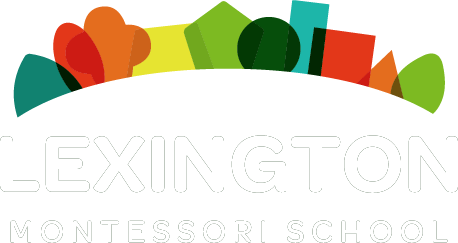Maria Montessori wrote that "The greatest gifts we can give our children are the roots of responsibility and the wings of independence." Her work also demonstrated that children learn well through hands-on experiences that allow them to explore freely and joyously. Montessori classrooms are structured in a way that promotes such exploration, but one of the most important benefits of this carefully curated freedom is how it corresponds with learning that takes place outside of the classroom.
As children become accustomed to noticing, examining, and enjoying their classroom environment with increasing independence and sophistication, they naturally extend those skills elsewhere. Whether they are at home, visiting friends, on field trips, or in their community, they build the confidence to explore. The world becomes their classroom! Life becomes a great series of lessons!
Service learning projects are a wonderful way to encourage this natural extension of learning and responsibility into all spaces and places. While community service has always been part of the curriculum at Lexington Montessori School, we have made concerted efforts to breathe new life into our service learning program following disruptions we faced because of the pandemic.
To help students absorb the importance of service and to build lasting relationships that are ongoing in the community, we have used a combination of activities and materials. These include off-campus visits to other organizations, scaffolded lesson plans about challenges within our community and the world, and donation drives. In future posts, we’ll share more details about how and where we conduct these activities.
For now, suffice it to say that our students are showing us the benefits of balancing variety with consistency. Several aspects of community service that reinforce Montessori philosophy include:
Building practical life skills,
Working with our hands,
Learning through direct experience,
Cooperating instead of competing,
Modeling positive behavior,
Developing a sense of agency and leadership,
Growing confidence, and
Respecting various environments and people.
In addition to their visible sense of accomplishment, we recently asked students if they like volunteering and why. Here are a few things they shared:
Here, we can see Luke’s growing sense of leadership, Max’s heart of giving, and Kane’s shared joy. In addition, many of our families continue volunteering outside of school-organized events, supporting their children in the process of developing independence. What’s more Montessori than that?
Stay tuned for future posts on how you can think about and implement service learning in your own classroom, school, or family. If you’re already doing so, we would love to hear about it! What kind of service do you and your children love? What sorts of projects have you implemented with your family or classroom?






